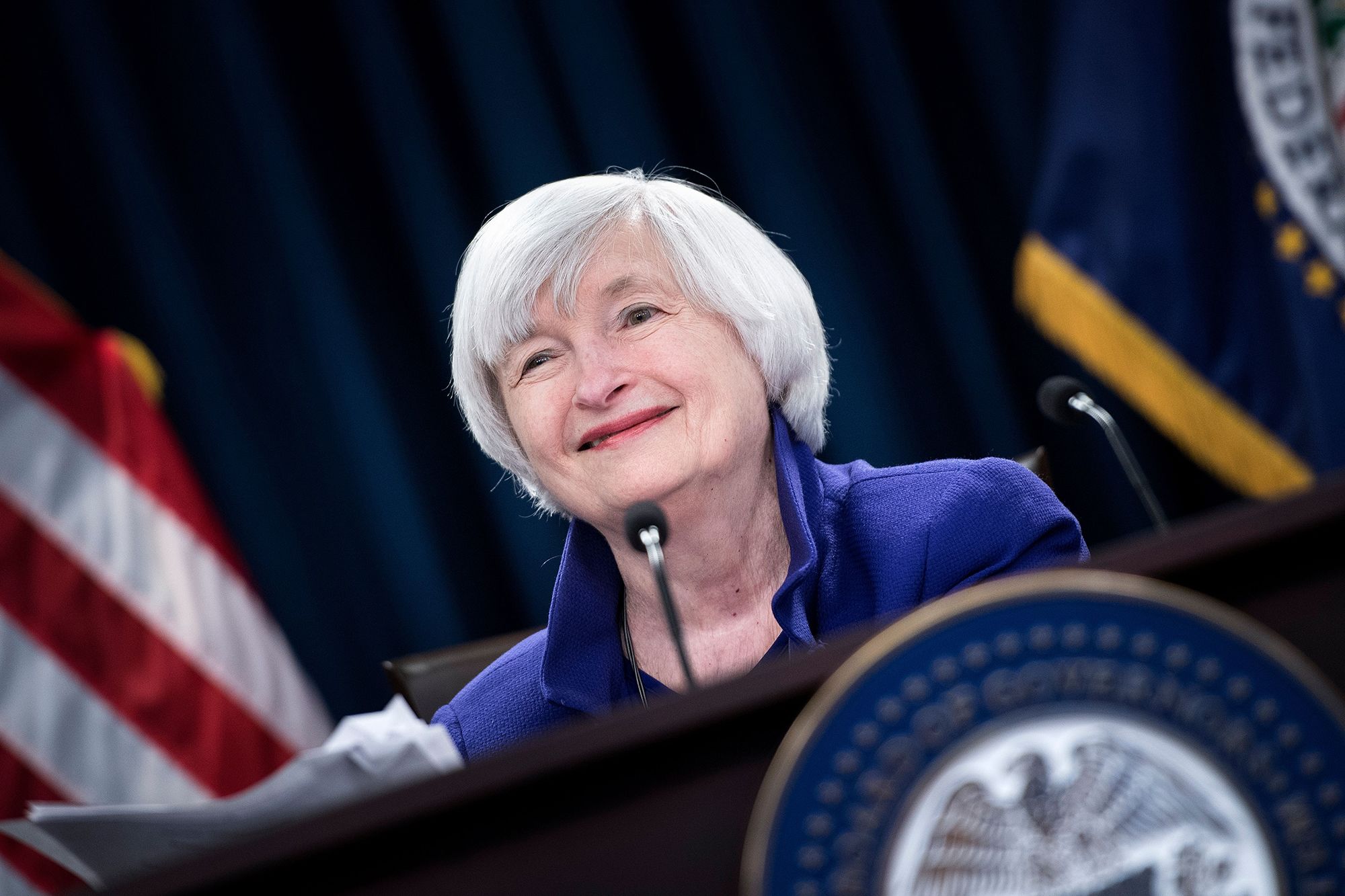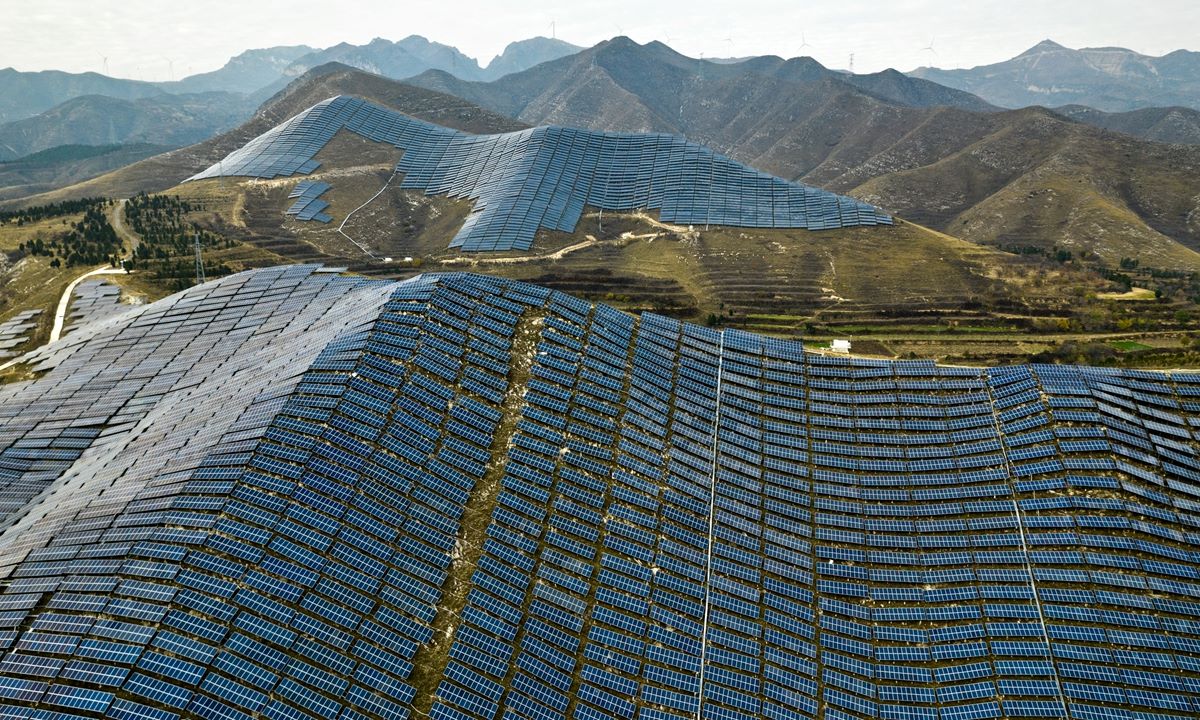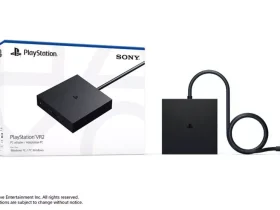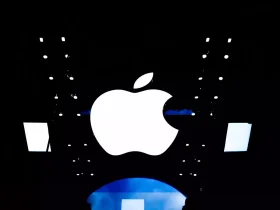Treasury Secretary Janet Yellen issued a warning on Wednesday, expressing apprehension that China is leveraging the global economy as a repository for its surplus clean energy products, resulting in depressed market prices and adverse implications for green manufacturing in the U.S.
“I am concerned about global spillovers from the excess capacity that we are seeing in China,” Yellen remarked during a speech at Suniva, a solar company based in Georgia.
“China’s overcapacity distorts global prices and production patterns and hurts American firms and workers, as well as firms and workers around the world.”
China possesses a surplus of solar power, electric vehicles, and lithium-ion batteries, enabling it to export these products to other nations at lower prices.

This poses a challenge for emerging green manufacturing industries in the U.S. and elsewhere, hindering their ability to compete effectively.
“I plan to make it a key issue in discussions during my next trip there,” she stated. “I will press my Chinese counterparts to take necessary steps to address this issue.”
These concerns from the secretary coincide with the White House’s efforts to foster a burgeoning clean energy industry domestically through investments from the 2022 Inflation Reduction Act and other legislative initiatives like the CHIPS and Science Act.
However, these investments are playing catch-up with China’s longstanding commitment to clean energy, as China has been channeling significant investments into this sector for years, outpacing the rest of the world.
Yellen underscored that the interference of China’s surplus clean energy products with global market prices could adversely impact supply chains for these energy sectors.
“President Biden is committed to doing what we can to protect our industries from unfair competition,” she affirmed.

Despite President Joe Biden’s meeting with Chinese President Xi Jinping in November to mend relations, challenges persist, with cybersecurity and trade concerns remaining key areas of contention.
In February, Biden initiated an investigation into Chinese smart cars, citing national security risks posed by their connectivity to U.S. infrastructure.
The Biden administration remains vigilant, with Biden emphasizing the need to prevent China from dominating the future auto market through unfair practices.






Leave a Reply